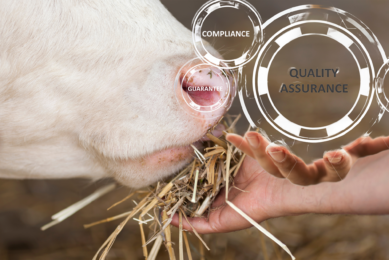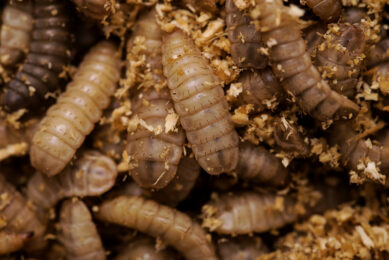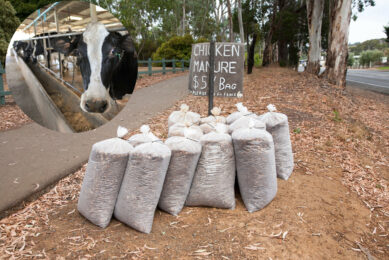Cargill facilities in Gent and Antwerp EFISC certified
“We have a worldwide reputation as a reliable supplier of feed materials of the highest standard. In order to assure feed material safety we have made the decision to certify against the European Feed Ingredients Safety Code, “Jan Robert Swagers, Sales and Marketing Manager Cargill, said.
Cargill has soybean, rapeseed and sunflower processing facilities in the ports of Ghent and Antwerp. At these facilities beans and seeds are crushed into crude oils for further refining and protein meal which is pre-dominantly used in compound animal feed. The two production sites in Belgium process more than one million metric tons of oilseeds annually.
“In the European Union we have first class feed and food legislation developed by the European Commission and the Member States,” says Swagers.
“What counts is a state of the art and harmonized implementation of these requirements for all our production sites in order to guarantee safe feed materials to our customers.
“The EFISC management system, its prerequisite program and HACCP system with sector specific risk assessments helps us to do so on a daily basis”.
Feed ingredient safety
The European Feed Ingredients Safety Code promotes good practices in the industrial manufacturing of safe feed materials and has been developed within the platform of the European Feed Ingredients Platform (EFIP).
The aim of the code is to provide safe feed for animals and consequently, to consumers further up the food chain by making the best use of the industry’s experience and expertise.
To achieve this goal, the code provides guidance for companies on how to establish their own feed safety management system in accordance with the relevant EU legislation.
Independent certification
The code includes requirements for management systems, prerequisite programmes, risk control (hazard analysis critical control points), withdrawal and traceability.
A transparent, solid and independent third party certification system has been developed by EFISC resulting in a uniform, highly compliant performance by participating operators.











